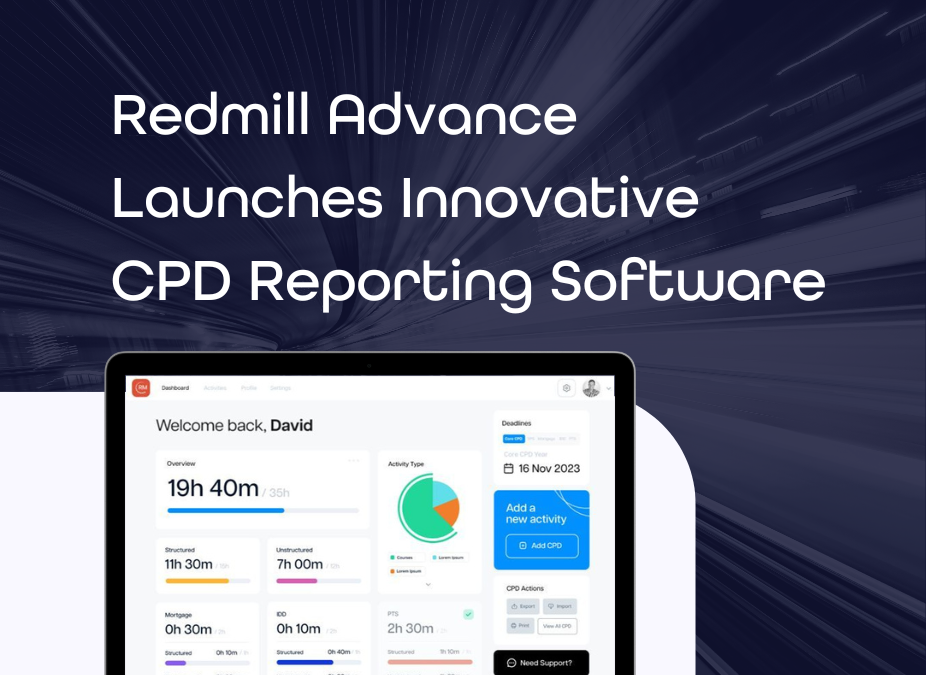With the increase in Normal Minimum Pension Age looming over the horizon in the next few years, it’s possible that we’ll see some changing trends in the way people look at their retirement.
We may see;
- Clients looking to retire later
- An increase in partial or phased retirement
- Changes to the order in which clients draw from assets
- Clients looking to other investments that don’t suffer the same legislative issues as pensions in terms of access.
To name just a few.
Regarding that last point, this may be either to supplement their income prior to accessing pensions at age 57 or for some it could mean using other investment solutions in the place of pensions provision.
This is also caveated with the fact that we can only deal with the legislative environment as it is known at the moment plus any changes that have been ‘inked in’. Demographically speaking, we are living longer and longer so it’s fairly safe to assume that the change to NMPA (and the ongoing intention to have the NMPA 10 years short of State Pension Age) is not the end of the changes we will see to the pensions landscape.
With regard to investing in other assets – this area of planning is, of course, complex and there are a number of factors that will determine the right blend of investments but central to all solutions are the following:
- How much do you want to/can afford to/need to pay in?
- How quickly and easily are you likely to need to take money out?
- How much can you afford to lose?
- What is your current tax position and what is it likely to be in the future?
Pretty much the backbone of all retirement planning.
The list of options is understandably almost limitless so we’ll just look at some examples in brief here.
ISAs
ISAs have been a staple of retirement planning for many years now but the change to the NMPA may have just shifted them up a gear in terms of importance.
On their own, ISAs will not suit those that need to make a significant amount of saving over a short time (due to low albeit increasing limits) but they remain a solid part of most people’s retirement plans.
ISAs remain largely unencumbered by access issues (accepting the conditions around Lifetime ISAs) and they retain a favourable tax position – particularly with regard to inherited allowances.
Tax reducers
The inviting tax advantages of VCTs, EIS & SEIS have seen their popularity hugely increase over recent years but getting the time horizon for investment is critical. Given that the tax advantages require funds to remain invested for 3-5 years, they are not a quick fix for plugging investment gaps when especially close to retirement.
What these vehicles do offer is an opportunity to invest much larger sums than those permitted into pensions but with a steep increase in risk.
In short, if the client is further away from retirement, looking to invest £100k+ and willing to lose some or all of their money to reap the tax benefits, this might be a good option.
Property
There is a range of ways that individuals can invest in property to help fund their retirement. With the exception of looking towards property funds and equity release, property investments tend to be burdened with liquidity issues.
Though the UK has a long-established love affair with property as an investment, not being able to find the right buyer at the right time can lead to frustrating liquidity issues – especially when your retirement plans hang on a sale.
Income streams from rental property in retirement can be very healthy but void periods can be painful and lead to the need to change retirement plans.
The right property (or property based investment) still seems a solid bet when it comes to retirement planning but its place really sits in a well-diversified retirement portfolio – On its own, property investment isn’t quite the panacea that some clients may think it is.
Business Investment
‘My business is my pension’ – we’ve all heard it and there are some definite advantages to considering committing further funding to a business, particularly from a tax perspective. Because of business property relief, a sizeable operation may attract relief from IHT without the problems of an LTA test.
Also, the amount that an individual can commit to a business is obviously unlimited based on their means – to that end, a business owner may feel more comfortable investing a larger some into an asset about which they have a degree of expertise.
That said, problems with liquidity and a lack of diversification remain – if an owner is looking to dispose of their business to fund a gap before they can access their pension, it needs to be planned and scoped several years in advance.
In short, we know the world of pension legislation never stays still but the recent changes may well have an impact on how clients will look to save for retirement. Robust planning, at the earliest possible point, is the secret to getting the best outcome.
Written by Jon Dodson, Redmill Advance





